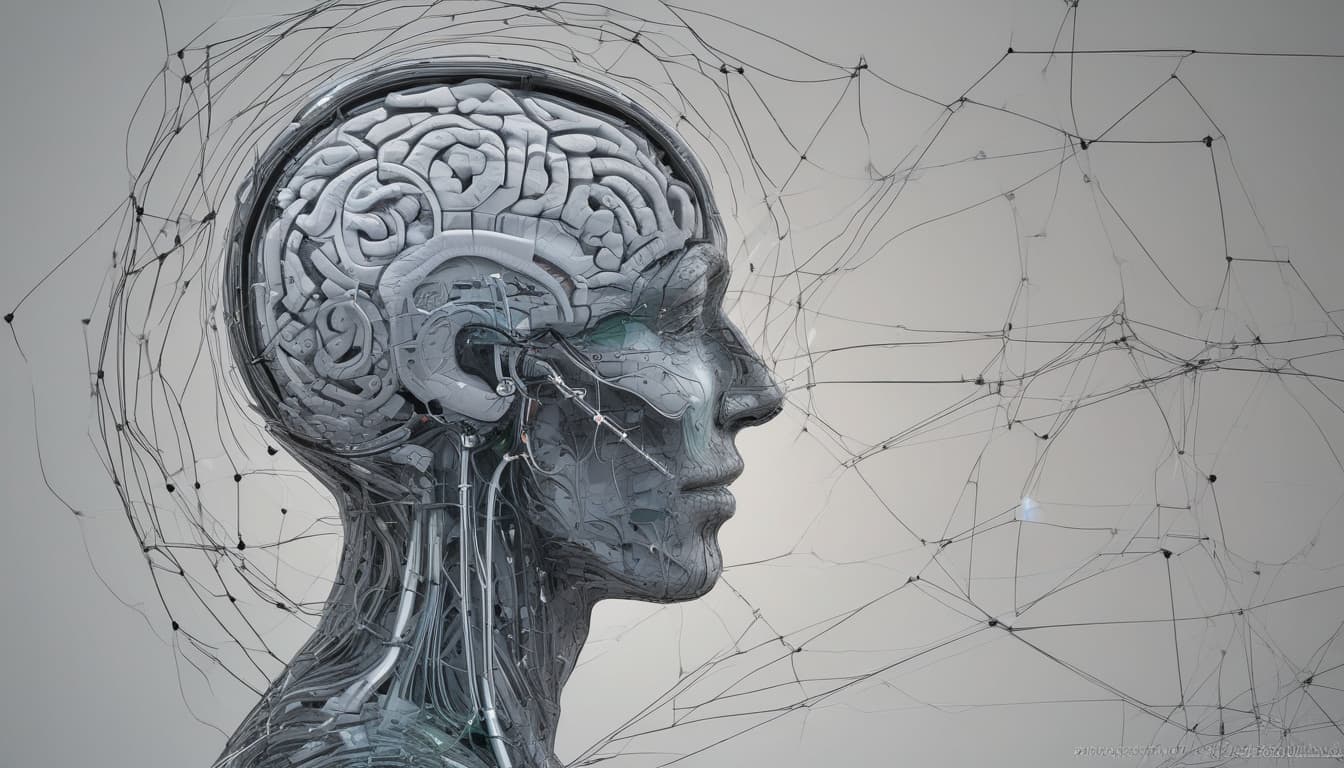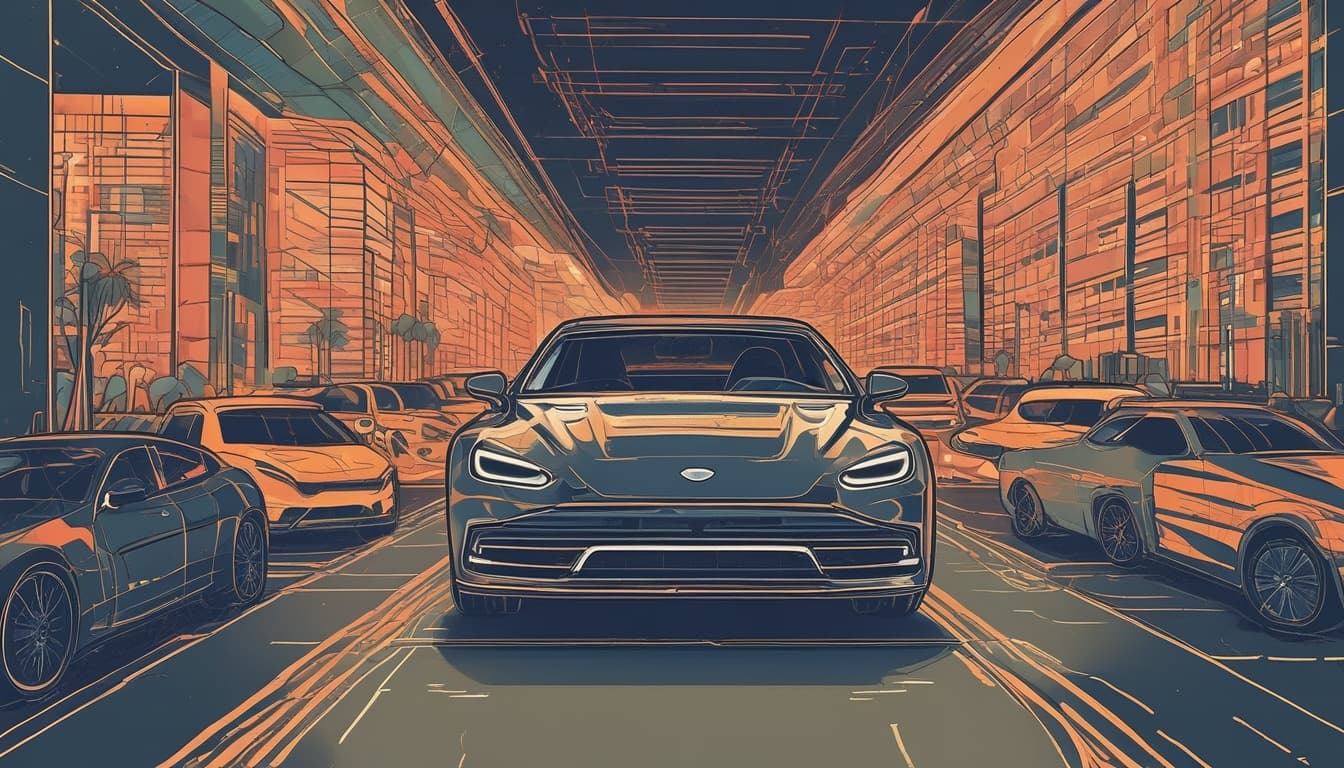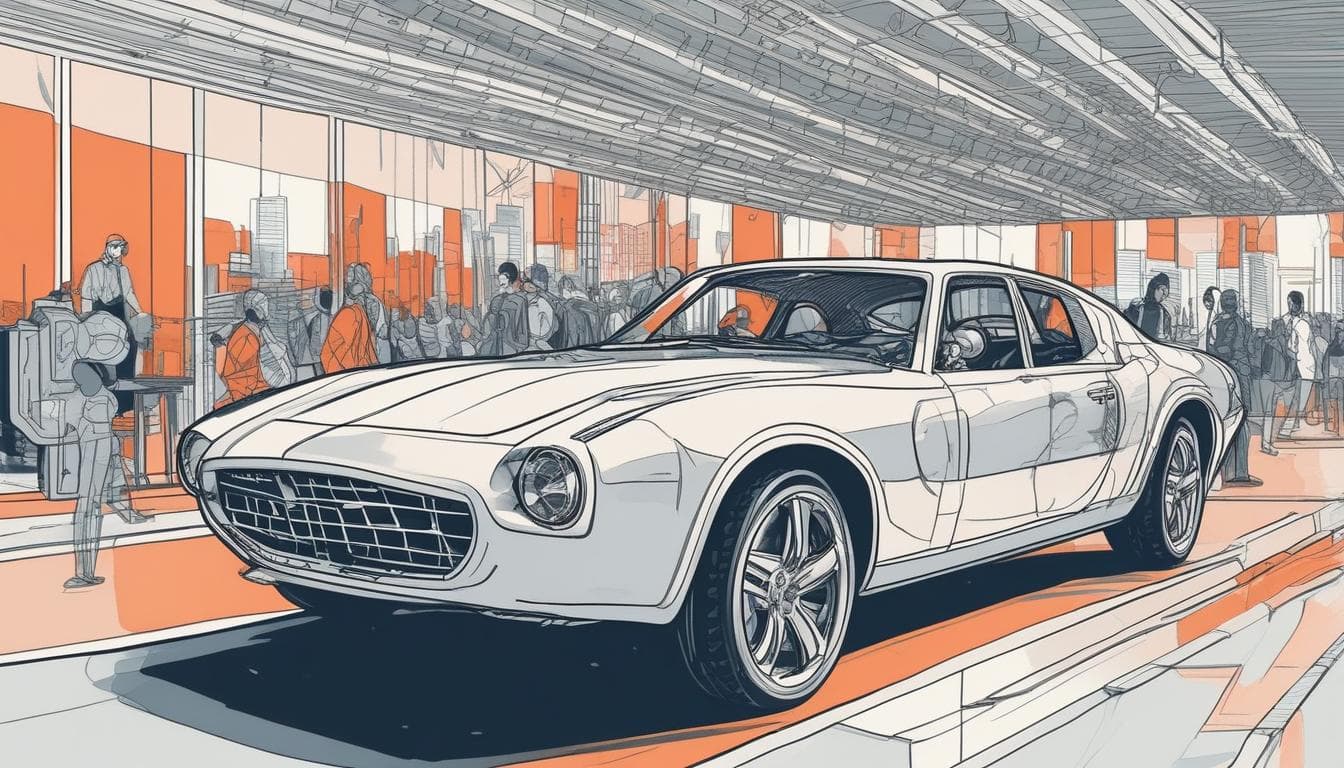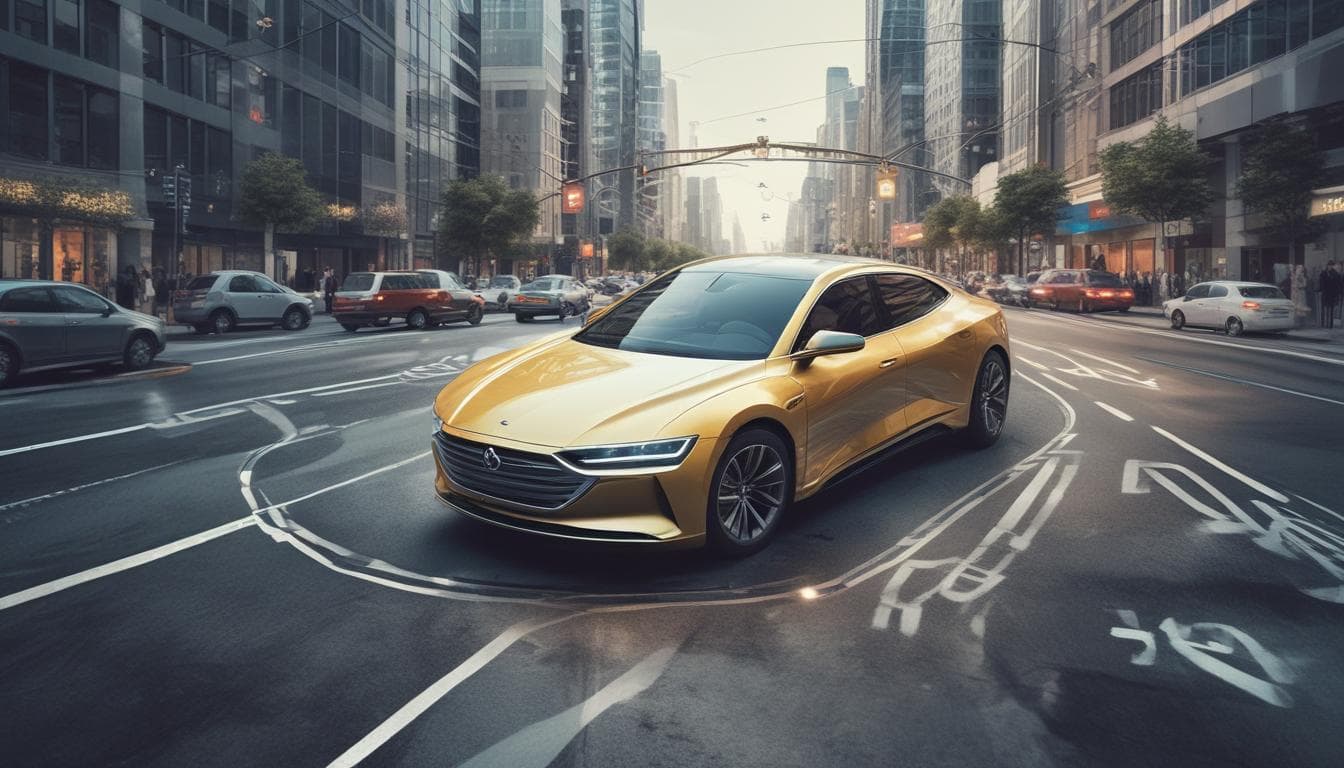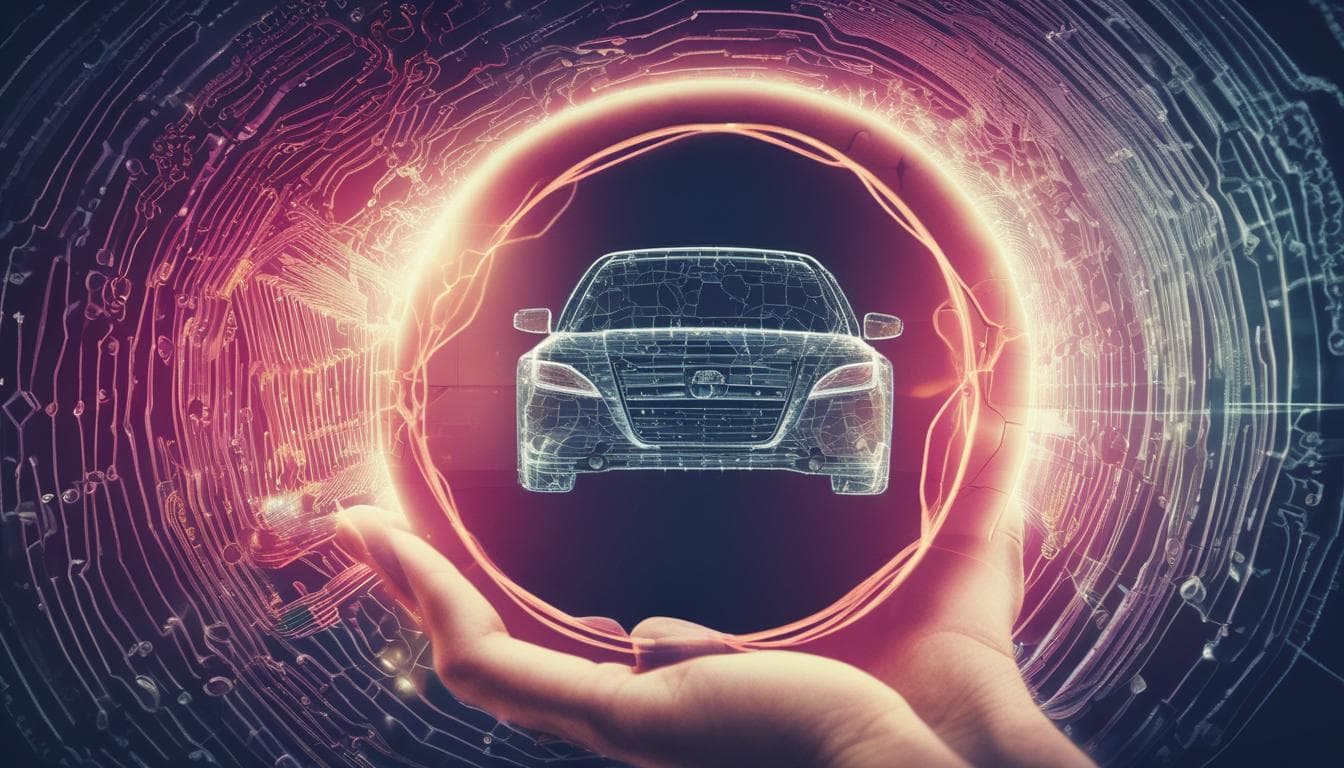Imagine a future where your vehicle isn't just a mode of transport but an active participant in your well-being, continuously monitoring your biometric data – from heart rate to stress levels – and subtly adjusting its environment, lighting, and even driving style to optimize your mood or focus. Beyond mere personalization, what ethical lines might be crossed when cars become 'emotional orchestrators,' and how could this profound level of influence reshape our relationship with driving and our very sense of self?
The concept of vehicles evolving into 'emotional orchestrators' that monitor biometric data and adapt their environment raises profound ethical questions. While advances in in-cabin sensing and AI-driven personalization—covered in articles on the vigilant vehicle and next-generation human-machine interfaces—promise to enhance comfort, they also pose risks related to privacy, consent, and psychological manipulation. For instance, continuous biometric monitoring requires stringent safeguards to prevent misuse or unauthorized data access.
Furthermore, the idea of cars subtly influencing mood or focus could blur the line between helpful assistance and emotional intrusion, potentially leading to dependency or emotional attachment that impacts autonomy. It's essential for industry stakeholders to establish clear ethical guidelines, transparency, and user control options.
This evolution could fundamentally reshape our relationship with driving—from a task to a deeply personal experience—and challenge our understanding of self-awareness and autonomy. As discussed in the future of personalized in-car experiences, ensuring these technologies serve users ethically will be vital in maintaining trust and safety in the age of smart, emotionally aware vehicles.
Explore More on This Topic
Join the Conversation
- The Automotive Afterlife: Imaginative Futures for End-of-Life Smart Cars
Explore the future of automotive end-of-life as cars become advanced software-driven machines. This discussion considers imaginative solutions beyond traditional recycling for 'smart' cars, including digital legacies, AI consciousness transfer, and artistic repurposing. What will be the fate and value of obsolete intelligent vehicles in 2050?
- The Future of Automotive Soul: Will We Cherish AI Quirks and Imperfections?
Explore the evolving appreciation for 'character' in AI-driven vehicles. As automotive AI aims for perfection, could quirks, learned idiosyncrasies, or even benign 'glitches' in AI cars become prized traits, similar to classic car patina? This discussion delves into new forms of automotive 'soul' and collectibility emerging from AI imperfections and unique experiences. Join the conversation on the future of car personality and AI.
- Beyond Factories: The Future of Self-Assembling Cars & Generative AI
Explore a radical future where cars 'grow' and self-assemble using generative AI, adapting to user needs and repairing autonomously. This discussion delves into the profound impact on global automotive supply chains, design aesthetics, and car ownership models, challenging traditional production concepts.
